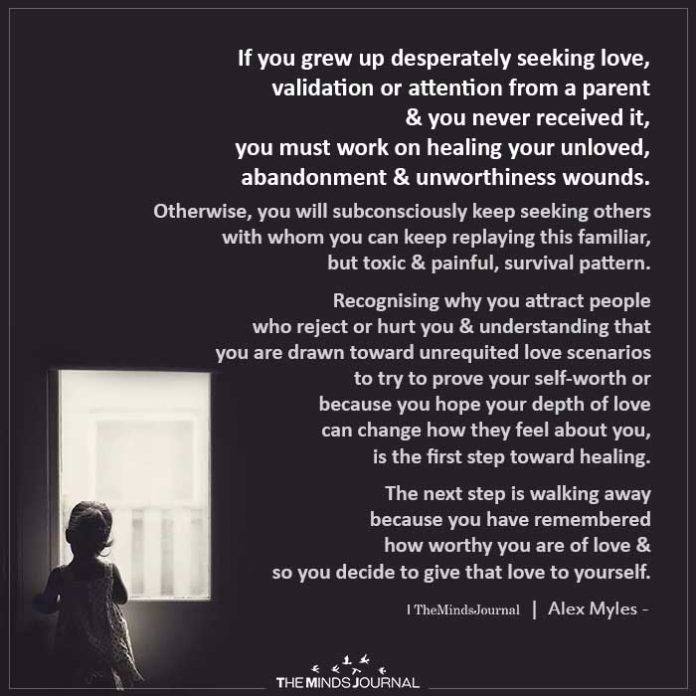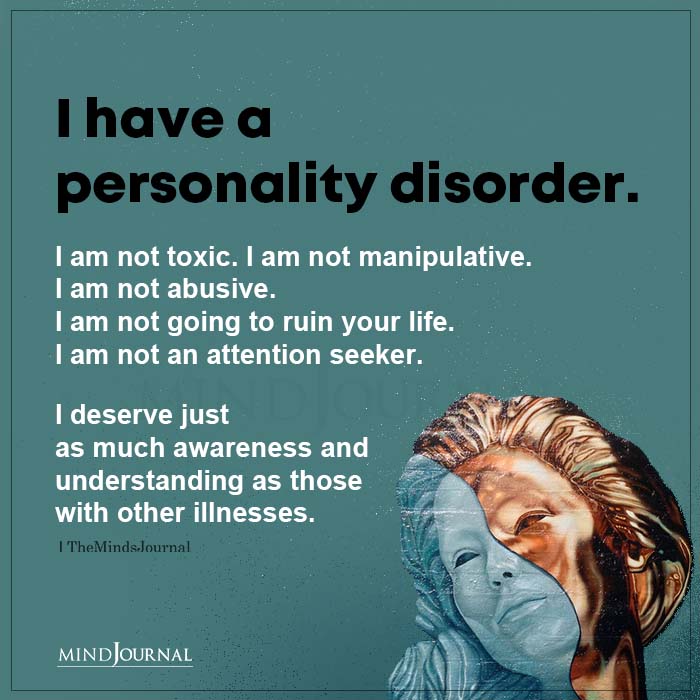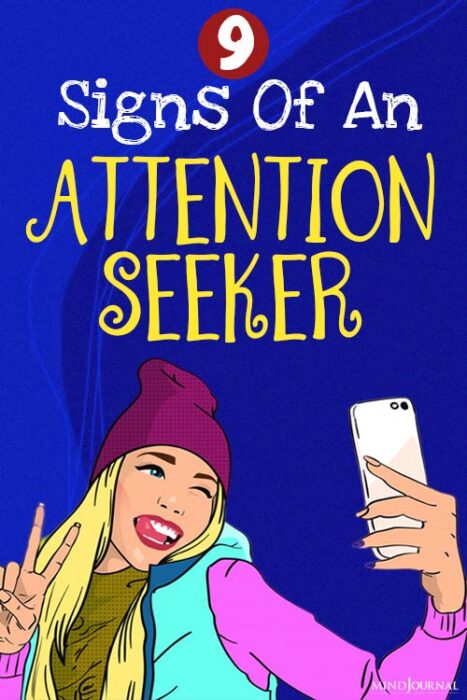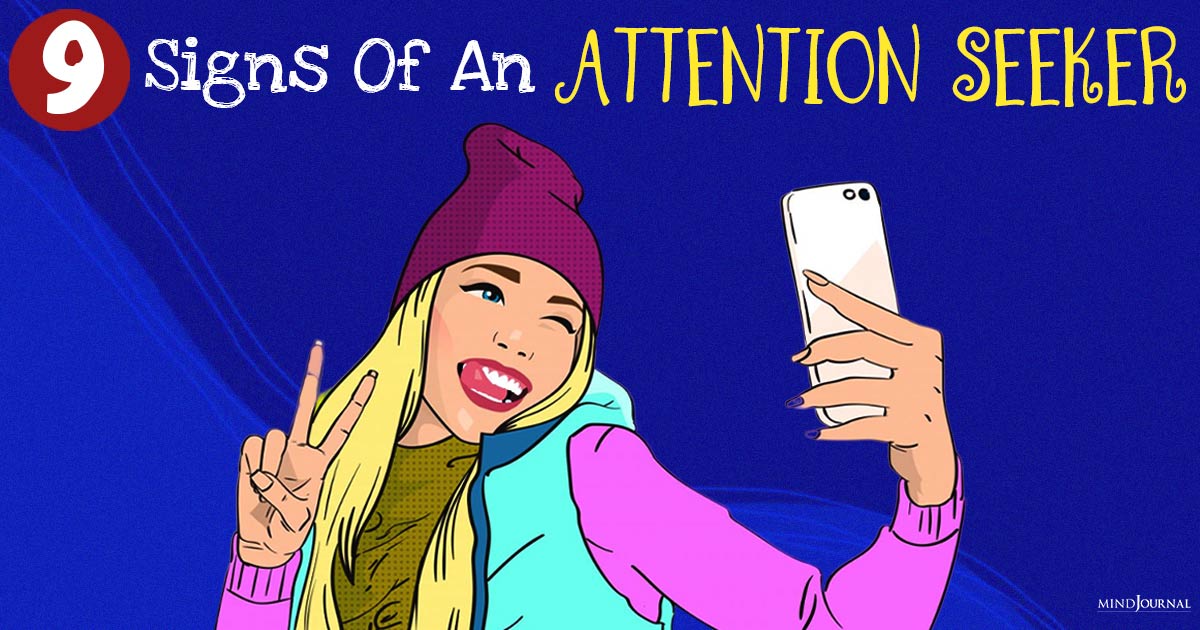Do you always want others to pay attention to you? Do you often go out of your way to get noticed by others? Do you constantly exhibit the signs of attention seeking in adults? Are you desperate for attention?
While most of us feel good about ourselves when we become the center of attention in a social setting, seeking attention all the time can be a sign of underlying psychological or emotional issues.
So let us explore what are attention seeking behaviors, signs of attention seeking in adults, what mental illness causes attention seeking and how adult attention seekers can overcome this habit.
What Are Attention Seeking Behaviors?
Certain deliberate strategies employed or actions taken by individuals to gain validation, approval and attention from others are known as attention-seeking behaviors.
Studies reveal that in children and adolescents, low levels of adult attention can trigger problem behavior or misbehavior under general conditions. Attention seeking behavior may also be driven by sexual or romantic attraction as it influences “the initial attraction and the final mate choice,” believe researchers.
So what are attention seeking behaviors? Attention seeking behaviors are mostly driven by deep-seated, unmet emotional or psychological needs and can manifest in different ways for different people. Yes, most of us seek some attention from time to time and that is absolutely normal human behavior.
However, when someone seeks attention constantly and excessively and it negatively affects their work, relationships and well-being, then it can definitely become a cause for concern.
Related: Attention Seeking Behavior In Adults: Common Reasons And How To Deal
Regardless, we must remember that seeking attention is not necessarily a negative trait nor is it an indication of mental illness. Seeking validation and attention is a natural aspect of our daily social interaction. But when someone becomes desperate for attention, it can disrupt one’s daily life.
Understanding and learning to identify attention-seeking behaviors can help us become more self-aware and identify these patterns.

Signs of Attention Seeking in Adults
Wondering if you are desperate for attention? Now that you have some idea about what are attention seeking behaviors, here are some of the most common signs of adult attention seekers that you must know about –
1. Need for constant validation
Repeatedly seeking attention from is one of the most fundamental signs of attention seeking in adults. It has been observed that adult attention seekers behave in such a way to gain reassurance and validation from family, friends, coworkers and loved ones. This helps to feed their ego, and boost their self-worth and self-esteem.
An attention seeker may resort to constantly fishing for compliments, showing off or bragging about themselves, or contrarily make self-deprecating jokes to generate the desired response from others.
2. Exaggerated Stories and Achievements
Okay, this might be common knowledge but the fact is adult attention seekers tend to tell tall tales about themselves and exaggerate their experiences and accomplishments.
They can easily lie about their achievements or even setbacks to either impress others or garner sympathy from people around them. This is especially evident in narcissists. Studies reveal that covert narcissists “tend to exaggerate themselves and think they are superior to others.”
Such attention seeking adults have an intense need to appear special or better than others as they have poor self-esteem and experience “bouts of anxiety and self-doubt.” They are afraid of being their genuine selves as they are afraid of being ignored, overlooked and dismissed.
3. Dramatic Emotional Displays
Creating drama is the fastest way of gaining attention and such individuals are masters at dramatic emotional displays.
People who are desperate for attention instantly pull others into their emotional drama and capture their attention by crying continuously, throwing tantrums and through histrionic episodes.
As they are afraid of becoming irrelevant and ignored, they engage in theatrics to attract the attention they crave so strongly.
4. Provocative or Controversial Behavior
Ah yes, controversy. One of the best weapons in an attention seekers arsenal to become the center of attention. They will deliberately make controversial or provocative statements or radicalize their beliefs and opinions just to irk others and to get a reaction from them.
They are willing to jeopardize relationships and even draw negative attention only for the sake of getting noticed by others. This is one of the most prominent signs of attention seeking in adults.
5. Jealousy and Sabotage
The main objective of attention seeking adults is to steal the spotlight from others and shine it on themselves. And what can be a better way than being jealous and sabotaging a situation to bring the focus back on them.
The moment they realize that others are getting more attention than them, an attention seeker feels threatened and resorts to humiliating, belittling, gaslighting or even abusing the other person. Their need to be the center of attention is driven by their constant fear of being ignored or overshadowed.
Related: Need For Attention: Why Are Narcissists Obsessed With Attention?
6. Constant Social Media Presence
Facebook likes, Instagram hearts and Reddit upvotes keep attention seekers going. Thanks to social media, it has become much easier for such individuals to get the desired level of attention and validation they want on a daily basis.
Hence, they may frequently post new selfies and reels to get more followers, likes, comments and shares on their posts. This is a clear sign that attention seekers are inherently insecure about themselves and desperately seek recognition.
7. Interrupting and Dominating Conversations
During a conversation, attention seekers will always steer the discussion in a way to keep the focus on themselves. If at any moment someone else tries to change the topic or speak about themselves, the attention seeker will redirect the conversation by domination and interrupting unnecessarily.
They will exaggerate their problems or accomplishments, interrupt with unrelated stories and anecdotes and will shamelessly intrude to drive the spotlight back to them. As mentioned earlier, this behavior is primarily triggered by their underlying fear of being ignored or overlooked in social settings.
8. Provocative Attire or Appearance
People who are desperate for attention know how to use their appearance to make heads turn. From being extremely fashionable to dressing seductively, wearing flashy accessories and having usual hairstyles, they will do everything they can to stand out of the crowd and make sure all eyes are on them. This is how they make sure they are noticed and valued by others.
9. Chronic Victimhood
As they are masters at creating emotional drama, they never hesitate to play the victim card. Pretending to be a perpetual victim empowers them to gain empathy and support from others around them.
They will appear helpless and hopeless by exaggerating their problems and will gain care and attention by making others feel guilty for their condition. Manipulating others is simply one of the strategies to avoid being left alone and gain the validation they crave.
Now that we know about the signs of attention seeking in adults, let’s explore what mental disorders are associated with attention seeking behavior.
What Mental Illness Causes Attention Seeking?
By itself, attention seeking behaviors are not considered as a psychological condition. However, it can be an indication of certain underlying mental health issues such as emotional struggles, repressed desires, lack of affection and a need for understanding.
Regardless, attention seeking behaviors can be a symptom of different mental health conditions. Here’s what mental illness causes attention seeking –
1. Histrionic personality disorder (HPD)
Also known as a dramatic personality disorder, it is a mental disorder marked by exaggerated emotions and attention-seeking behaviors.
Related: What Is Histrionic Personality Disorder and How To Manage This Intense Need for Attention
2. Narcissistic personality disorder (NPD)
It is a mental health condition that is characterized by unreasonable self-importance, strong need for attention and admiration from others and a lack of empathy.

3. Borderline personality disorder (BPD)
It is a psychiatric disorder marked by instability, self-image issues and an intense fear of abandonment. It affects one’s ability to manage their own thoughts, emotions and behaviors.
4. Attention-Deficit/Hyperactivity Disorder (ADHD)
It is among the most common neurodevelopmental disorders in children. It is marked by an inability to control impulsive behaviors and difficulty paying attention.
5. Major depressive disorder (MDD) or Dysthymia
Also called clinical depression, it is a mood disorder that is characterized by a persistent feeling of sadness and a loss of interest in activities. It affects one’s thoughts, emotions and behaviors.
Dysthymia is a long-lasting but milder form of depression and is also known as persistent depressive disorder.
Now you know what mental illness causes attention seeking. Consulting a mental health professional like a psychiatrist, psychologist or a therapist can help with accurate diagnosis and effective treatment.
Related: 7 Science-Based Hacks To Steal Someone’s Attention
Healthy Ways to Overcome Attention Seeking Behavior
Understanding the signs of attention seeking in adults is not enough, we must also learn how to overcome this behavior.
While some of us may seek attention constantly due to underlying psychological and emotional issues, it is imperative that we learn how to overcome such patterns and live a healthier life.
Here are a few steps you can take to overcome extreme and constant attention seeking behavior –
- Be mindful and practice self-awareness
- Pursue self-development
- Engage in activities that build your confidence
- Do not avoid self-care
- Practice positive self-talk and seek validation from yourself
- Engage in random acts of kindness
- Listen to others, actively and emphatically
- Seek constructive feedback from others
- Practice relaxation technique to relieve stress
- Learn new skills
- Genuinely compliment others
- Develop meaningful and healthy relationships
Instead of focusing on others to get attention, focus on yourself. Improve yourself, be more interesting, pursue hobbies and passions. And most of all, be your most authentic self.
Once you learn how to be genuine and positive, you will become a magnet and attract others effortlessly.
Related: How To Be Likable – 9 Simple Ways To Become A Likable Person
Takeaway
Let’s face it, we all love attention, affection and recognition. There is nothing wrong with wanting attention as it is a very natural human instinct. However, excessively seeking attention can be a sign of deeper mental and emotional issues.
With the symptoms and signs of attention seeking in adults shared above, you can cultivate self-awareness and recognize your own attention seeking behavioral patterns to take the right steps needed to overcome them.
With these tips and strategies you can not only build a happier and more positive life but also gain attention in a healthy way.
Frequently Asked Questions (FAQs):
What type of personality is an attention seeker?
Attention seekers typically tend to be extroverts and impulsive. They may also tend to show off or brag about their accomplishments due to their strong need for external validation & recognition.
What personality disorders are attention-seeking?
Attention-seeking behaviors are typically linked with Borderline personality disorder (BPD), Narcissistic personality disorder (NPD) and Histrionic personality disorder (HPD).
What is the psychology behind attention-seeking?
Attention-seeking behaviors are driven by a multifaceted interplay of underlying mental issues, emotional needs, insecurity, and a desire for validation from others.









Leave a Reply
You must be logged in to post a comment.